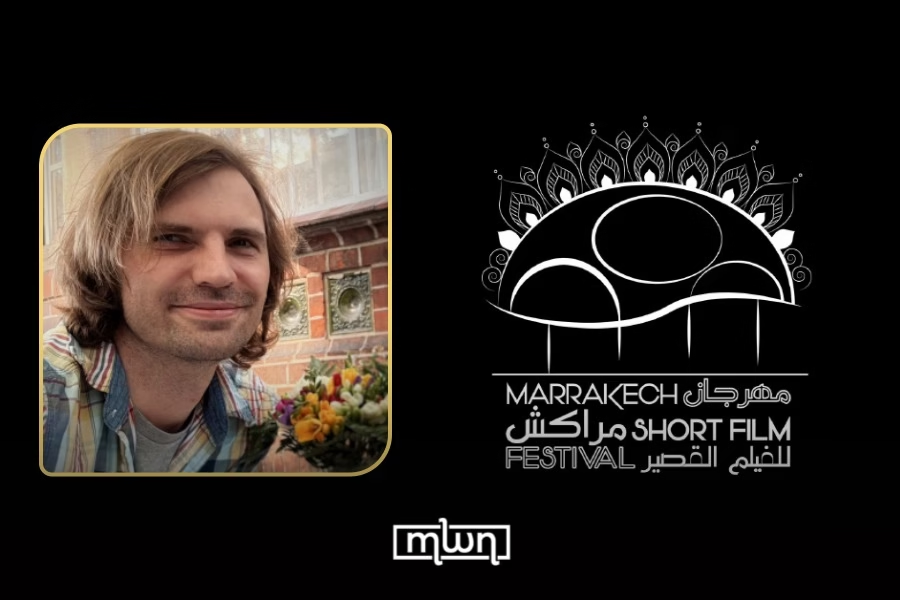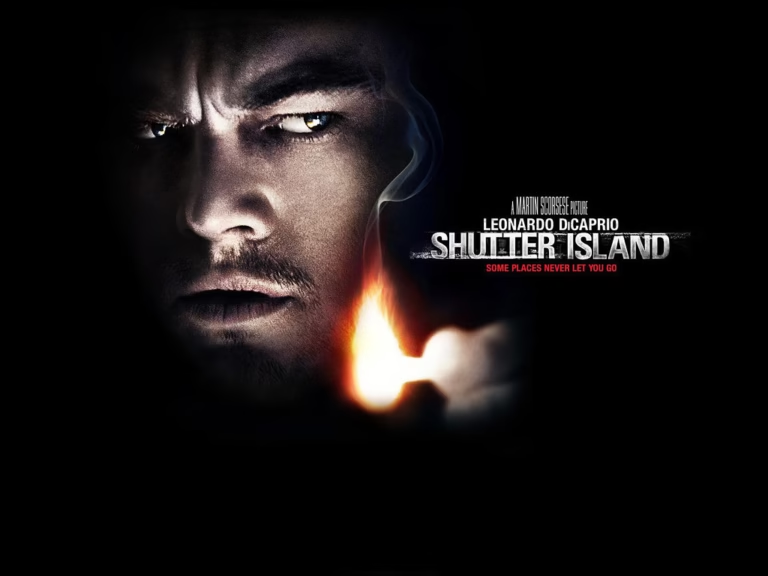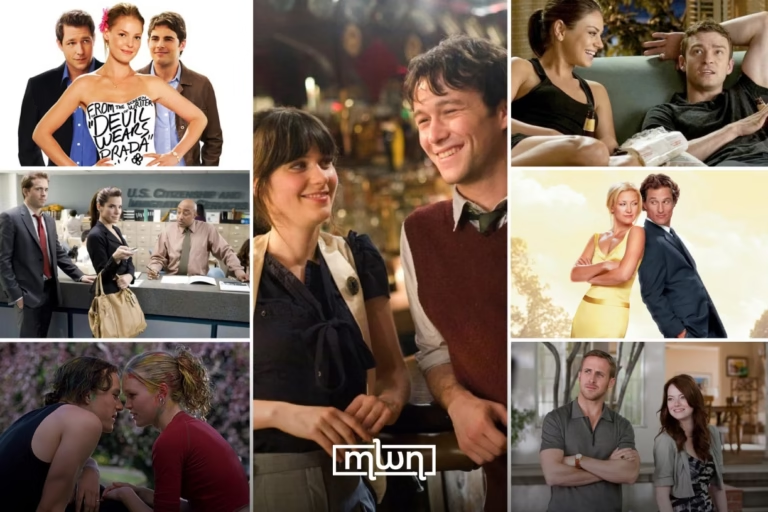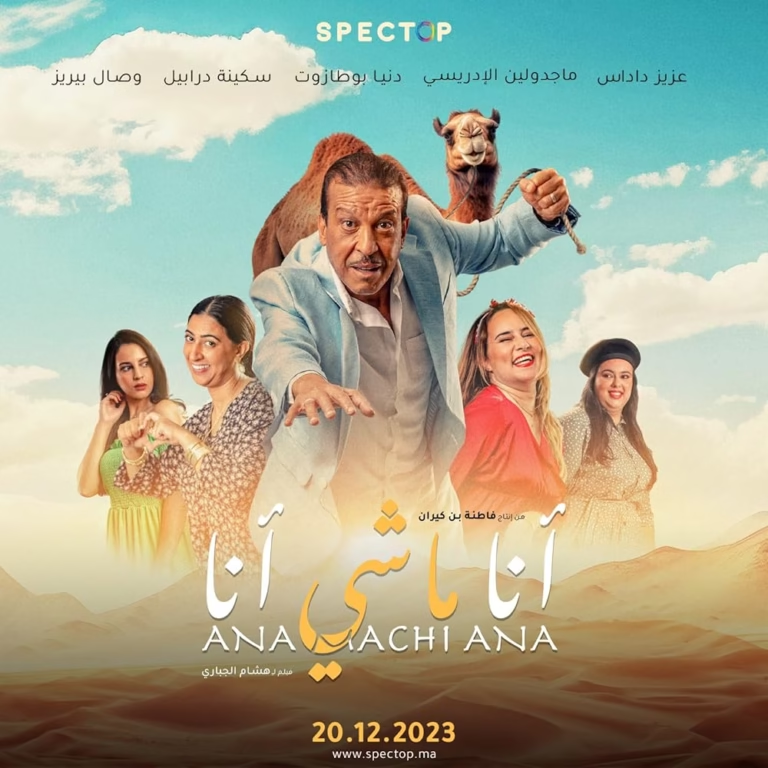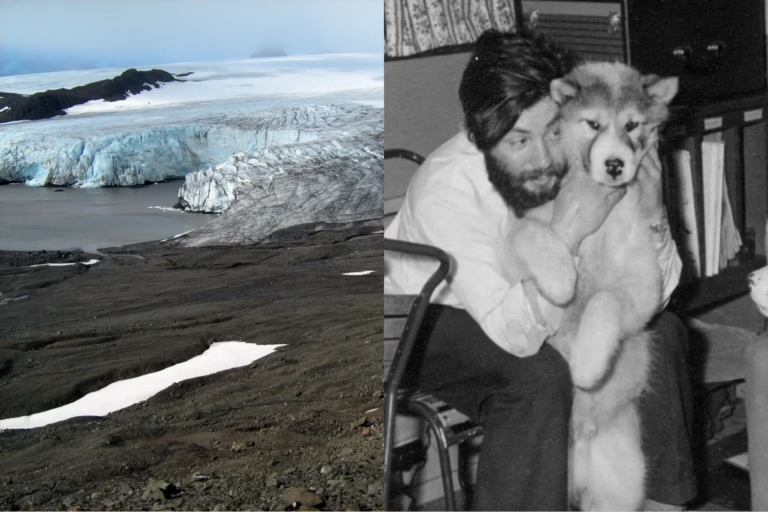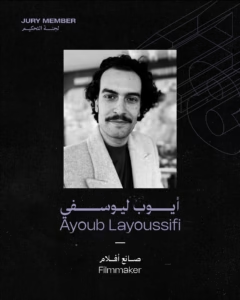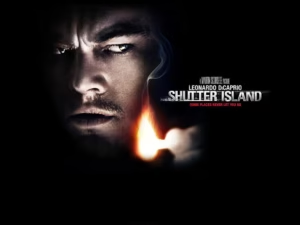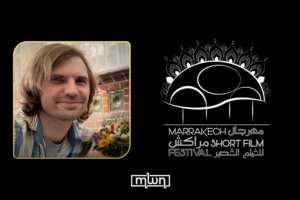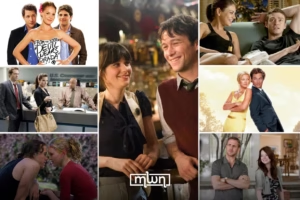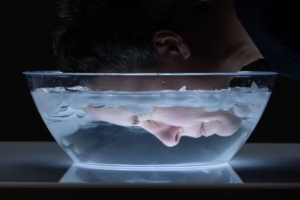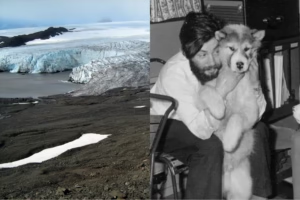Rabat – Born in 1989, Jan Kuźnik did not start out on a straight path to filmmaking, but it was always his desire. “To be completely honest I started studying sociology only because I failed my film school exams,” he told Morocco World News (MWN) in an exclusive interview.
“It was interesting, for sure, learning about scientific way of looking at social changes, attitudes, political views. However, I never graduated from these studies as I joined a film school some time later.” Even so, those early studies stayed with him. “There’s often a world of reasons for people’s decisions.”
He then explained, “Summarizing them, quantifying them is the sociologist’s task. Mine, as a filmmaker, is learning about them in order to use them in storytelling, to show that little piece of someone else’s world to the audience.”
Kuźnik still remembers the film that changed everything for him. As a high schooler in Poland, he “developed a sort of an obsession” with Mike Nichols’ “The Graduate“. The uncertainty about the future, the big romantic gestures, and the flawed decisions all resonated with him.
He watched the film nearly twenty times, dissecting camera angles, editing choices, and how the music blended so well with each scene. “This way I realized how complex and fascinating filmmaking is,” he says. “ And that I would love to do it myself.”
His latest work, “Warsaw Story” is a film about an immigrant food delivery worker navigating love and cultural barriers. Kuźnik says the idea began when he returned to Warsaw after a few years in Gdynia. “I was astonished how much it changed in a few short years,” he recalled.
He noticed how much the city had changed, “One of the changes was a sudden influx of immigrants, largely from India, Pakistan and Bangladesh,” he said. Many of them worked for newly popular delivery apps, yet remained largely absent from social spaces frequented by Polish people.
The filmmaker started wondering, “who are these people? What are their aspirations? Do they want to stay here, integrate with a society very different to theirs or is it just a financial stop on their journey? Who do they live with, how do they spend their free time?”
He began speaking with delivery workers who were willing to share their stories. These accounts covered a wide range of experiences, from inspiring tales of success and sad stories of financial hardship far from home to funny challenges they faced while navigating intercultural relationships.
“Slowly my main character: a very ambitious, kinda romantic, but also very lonely and somewhat naive guy, appeared… And he brought the story with him,” he explained.
Kuźnik’s choice of setting, from underground public toilets to Warsaw’s busy streets, is never incidental. As with his earlier works, “Clichés,” “A Conversation is the Toilet,” “Divine,” and his diploma film “True Feelings,” he is particular about setting.
“Location, like everything else … has to serve the story,” he specified. “Underground public toilet gives a rather claustrophobic, unpleasant vibe. Busy city street on Friday night is completely different: there’s energy in the air, people shouting, laughing.” He concluded by saying that, depending on the given scene and the story it aims to tell, only one of those settings will be right.
“Warsaw Story” will travel beyond Poland to be screened in Morocco for the very first time this November. The occasion? To compete at the 5th Marrakech Short Film Festival. “It’s such a great honor, especially since the Festival’s selection is very strict,” he said.
For Kuźnik, Morocco will be a first – both being in the country and sharing his work with its people. “Making the movie, I thought it should be accessible to international audiences,” he explained. “There’s one or two moments in the movie where the Polish audience laughs during the screening – I wonder if Moroccans will react similarly? Or maybe they’ll find something else amusing? It’s fascinating.”

